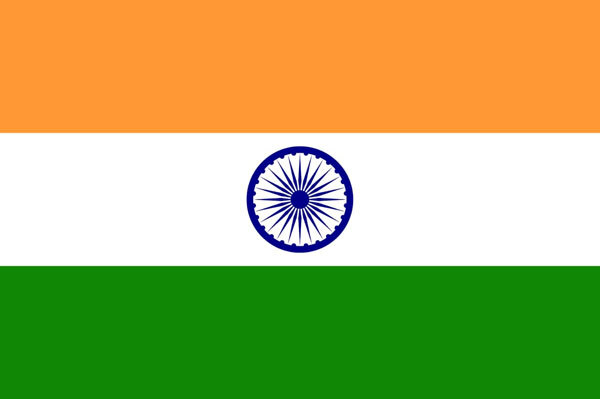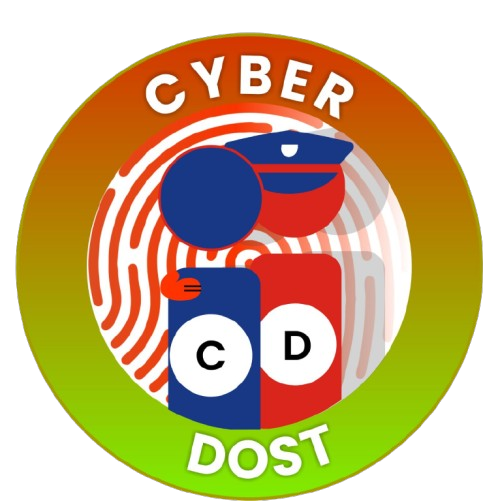Schemes running in the Institute (CTS)
National Skills Qualifications Framework (NSQF)
The National Skills Qualifications Framework (NSQF) is a competency-based framework that organizes all qualifications according to a series of Level of knowledge, skills and aptitude. These levels, graded from one to ten, are defined in terms of learning outcomes which the learner must possess regardless of whether they are obtained through formal, non-formal or informal learning. NSQF in India was notified on 27th December 2013. All other frameworks, including the NVEQF (National Vocational Educational Qualification Framework) released by the Ministry of HRD, stand super ceded by the NSQF.
Under NSQF, the learner can acquire the certification for competency needed at any L through formal, non-formal or informal learning. In that sense, the NSQF is a quality assurance framework. Presently, more than 100 countries have, or are in the process of developing national qualification frameworks.
The NSQF is anchored at the National Skill Development Agency (NSDA) and is being implemented through the National Skills Qualifications Committee (NSQC) which comprises of all key stakeholders. The NSQC's functions amongst others include approving NOSs/QPs, approving accreditation norms, prescribing guidelines to address the needs of disadvantages sections, reviewing inter-agency disputes and alignment of NSQF with international qualification frameworks.
Specific outcomes expected from implementation of NSQF are:
i. Mobility between vocational and general education by alignment of degrees with NSQF
ii. Recognition of Prior Learning (RPL), allowing transition from non-formal to organized job market
iii. Standardized, consistent, nationally acceptable outcomes of training across the country through a national quality assurance framework
iv. Global mobility of skilled workforce from India, through international equivalence of NSQF
v. Mapping of progression pathways within sectors and cross-sectional
vi. Approval of NOS/QPs as national standards for skill training
Note: All Engineering Trades running in ITI Shahdara are under NSQF level 5.
Only Sewing Technology is running under NSQF level 4.
CRAFTSMEN TRAINING SCHEME (CTS)
The Craftsmen Training Scheme was introduced by the Government of India in 1950 to ensure a steady flow of skilled workers in different trades for the domestic industry, to raise quantitatively and qualitatively the industrial production through systematic training, to reduce unemployment among the educated youth by providing them employable training.
Salient Features of the Craftsmen TrainingScheme:-
- ITIs are functioning under the administrative control of the respective State Govt. /UTs.
- The period of training for various trades varies from one year to two years and the entry qualification varies from 8th &10th class pass, depending on the requirements of admission in different trades.
- These institutes are required to conduct training courses as per the curriculum prescribed by National Council for Vocational Training (NCVT). The admission to the new courses is made in the month of July/August every year.
- The trainees are required to appear in the Final Trade Tests conducted under the aegis of National Council for Vocational Training/State Council of Vocational Training. The successful trainees are awarded National Trade Certificate/State Trade Certificate which has been recognized by Govt. of India/State Govt. for the purpose of recruitment to subordinate posts and services under the Central Govt./State Govt./PSUs/Private Sectors.
- Syllabi of various trades are periodically revised to keep pace in tune with changes in technology.
CERTIFICATION ON SUCCESSFUL COMPLETION OF TRAINING
- A trainee admitted in NCVT designated trade/course with affiliation from NCVT will have to undergo a regular training of the trade concerned as per the syllabus laid down by the Directorate General Training (DGT), Government of India and shall be eligible to get the N.C.V.T. certificate on passing all examinations.
- A trainee admitted in SCVT designated trade/course will have to undergo a training of the trade concerned as per the syllabus lay down by the Board of Technical Education, Delhi and shall be eligible to get the S.C.V.T. Certificate on passing all examinations.
- All the SCVT designated trades and NCVT designated trades running under SCVT affiliation. A trainee on successful completion of these trades would receive a SCVT certificate.


 आई.टी.आई शाहदरा
आई.टी.आई शाहदरा 


